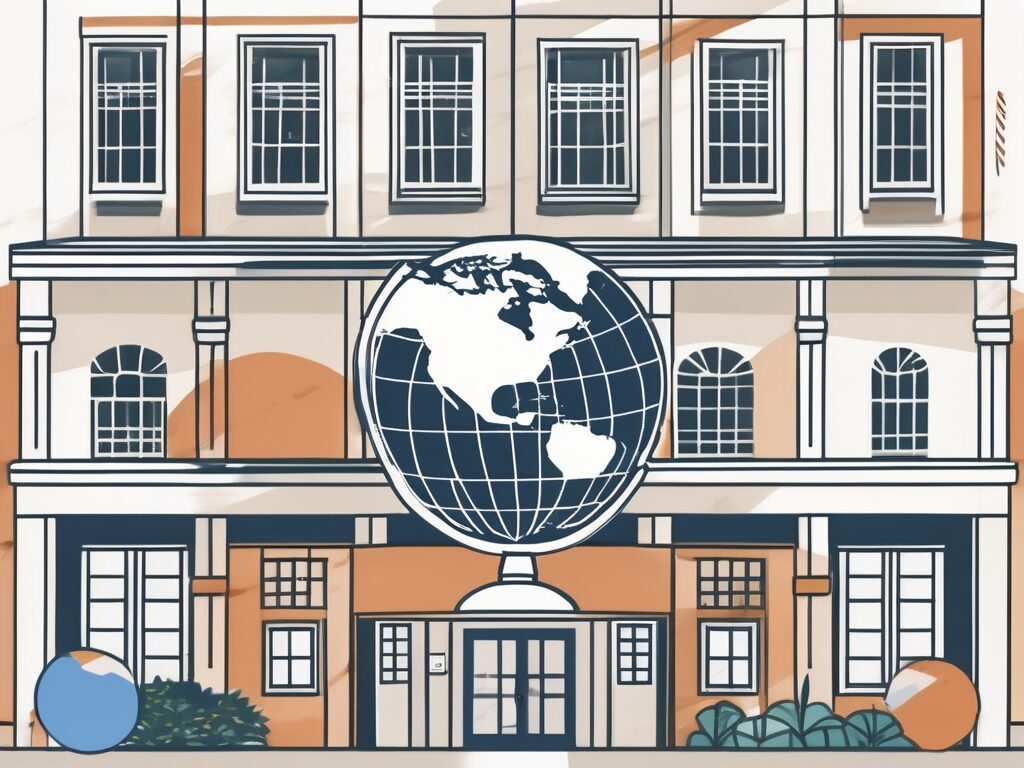What is the Education Inequality in Cambodia?
Education inequality in Cambodia is a pressing issue that affects the country’s development and the future of its youth. For aspiring international educators, understanding this inequality is crucial for making a meaningful impact. In this article, we will explore the causes and consequences of education inequality in Cambodia, the skills needed to address it, and how you can get involved in creating positive change.
Why is it Important for Aspiring International Teachers?
Education inequality in Cambodia is not just a local issue; it has global implications. As an aspiring international teacher, understanding these disparities can enhance your teaching strategies and cultural sensitivity. The demand for qualified educators who can address these challenges is growing, offering numerous job opportunities in international schools and NGOs.
Key Skills or Qualifications Required
To effectively tackle education inequality in Cambodia, aspiring teachers should possess the following skills:
- Cultural Competence: Understanding and respecting Cambodian culture and traditions.
- Adaptability: Ability to adjust teaching methods to diverse learning environments.
- Language Skills: Proficiency in Khmer or willingness to learn can be beneficial.
- Empathy and Patience: Essential for working with underprivileged communities.
Steps to Get Started
Here are steps to begin your journey as an international educator in Cambodia:
- Obtain relevant teaching certifications, such as TEFL or TESOL.
- Gain experience through volunteer work or internships in educational NGOs.
- Participate in cultural exchange programs to enhance your understanding of Cambodian society.
- Network with professionals in the field to learn about job opportunities and best practices.
Challenges and How to Overcome Them
Working in Cambodia presents unique challenges, including limited resources and language barriers. To overcome these, educators should:
- Leverage technology to access teaching materials and resources.
- Engage in continuous professional development to stay updated on educational trends.
- Collaborate with local educators to share knowledge and strategies.
Best Practices and Tips for Success
To succeed as an international educator in Cambodia, consider these best practices:
- Build strong relationships with students and their families to foster a supportive learning environment.
- Incorporate local context into your teaching to make lessons more relevant and engaging.
- Stay flexible and open-minded to adapt to changing circumstances and needs.
Conclusion
Education inequality in Cambodia presents both challenges and opportunities for aspiring international educators. By equipping yourself with the right skills and knowledge, you can make a significant impact on the lives of Cambodian students and contribute to the country’s development. Embrace this rewarding journey and become a catalyst for change.
Want to become a teacher in a Tier 1 international school? Join the course here.

